
Three notable medications to treat liver diseases are expected to come online in the third quarter of 2021 and in 2022, according to PBM OptumRx.

Three notable medications to treat liver diseases are expected to come online in the third quarter of 2021 and in 2022, according to PBM OptumRx.

Accelerated approval and use of surrogate markers are among the friction points. But some see the OK as spawning a new generation of drug development for treating Alzheimer’s disease.

The accreditation is effective through July 2024.

Not in recent memory has an FDA approval stirred up so much controversy as the agency’s OK of Aduhelm, Biogen’s Alzheimer’s treatment.
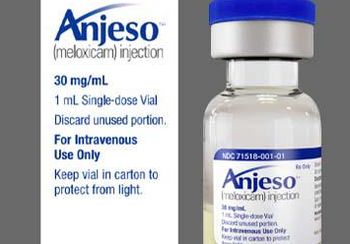
The COX-2 inhibitor Anjeso, a faster-acting injectable formulation of meloxicam, reduces opioid use after surgery.
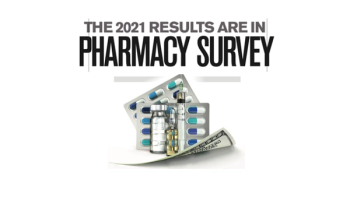
In this part five series, participants give their opinions on which drugs newer to the market in the last 12 months hold the most promise to reducing morbidity and mortality. Participants also shared which drug in the pipeline holds the most promise. MHE's annual pharmacy survey had over 225 respondents. We will be posting the results over the next few days.

The jury is still out. Several companies have high hopes for candidates under development.

Longer half-lives mean less frequent administration and improved quality of life.

The Institute for Clinical and Economic Review's price range is far below the $50,000 per year envisioned by some market analysts.

In this third part of a three-part series, Steven D. Pearson, M.D., M.Sc., founder and president of ICER talks the drug Inclisiran and its relation to PCSK9 inhibitors.

The triptans, long the workhorses of migraine treatment, have been joined by monoclonal antibodies and small-molecule drugs that block calcitonin gene-related peptide. What’s lacking is a precision approach to treatment based on biomarkers.

Will emerging variants make the leading vaccines less protective?

Opinion piece by MHE's Editorial Advisory Board Member and CEO of The Pharmacy Group, Perry Cohen. Perry discusses the response differences and vague similarities between the countries and addresses the continuous question, "What is the new normal?"

The industry is adjusting to the pandemic, but FDA approvals could dip this year. Several new drugs for atopic dermatitis may get the agency’s green light.
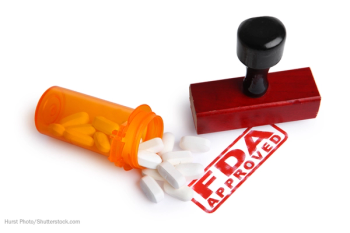
Pre-pandemic momentum helped keep the number of novel therapies approved by the FDA high, and then COVID-19 tested just how fast the pipeline could adjust and expand.

Results of APOLLO and REACH3 trials are scheduled for presentation at the American Society of Hematology meeting next month are expected to garner attention.

Negative results for semorinemab have deflated some of the hopes for a tau as a target, although a winning strategy Alzheimer's may involve hitting several targets at once, including tau.

Some of the top medications were approved this summer, while others are awaiting FDA approval.
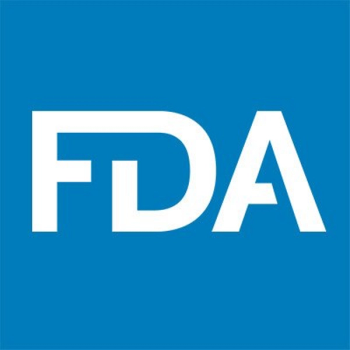
FDA actions for the week ending August 21, 2020, include a hearing set for a drug that could limit weight gain often associated with treatment for serious mental illness.

Actions from FDA this week include approval of a second targted treatment for a Duchenne muscular dystrophy mutation, and filings in COVID-19 and blood disorders.
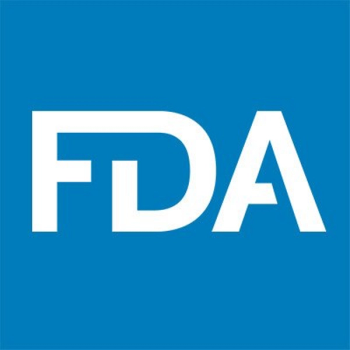
In a busy week, FDA approved ground-breaking therapies in hematologic cancers and issued Orphan Drug designations in areas of significant unmet need.

Potential agents to battle inflammation and other processes move through development pipeline.
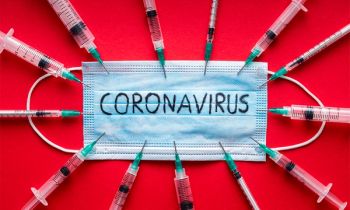
As several COVID-19 vaccine candidates are now in the late phase of clinical trials, MHE is sharing a few stories that have covered the infamous virus' vaccine development journey.

Biosimilar misinformation takes many forms, some of it institutionalized in the form of word usage and some of it deliberately disparaging, 2 executives of Sandoz and Boehringer Ingelheim contend.

Dr. David Ho, who developed the HIV cocktail, has isolated antibodies he says could be used to create treatments for COVID-19.